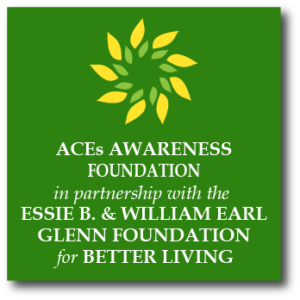ACEs & Resilience
But with all this bad news about how trauma hurts us, there’s good news. Our brains are plastic. Our bodies want to heal. We know a lot about how to increase individual resilience. To reduce stress hormones in our bodies and brains, we can meditate, exercise, get enough sleep and eat well, have safe relationships (including system relationships with the medical, educational and business communities), live in a safe place, ask for help when we need it and, if necessary, get help from a counselor or therapist. Simple advice. But it works.
We can build resilient families — We know that educating parents about their own ACEs helps them understand their lives and motivates them to learn to become healthy parents to prevent passing their ACEs on to their kids.



